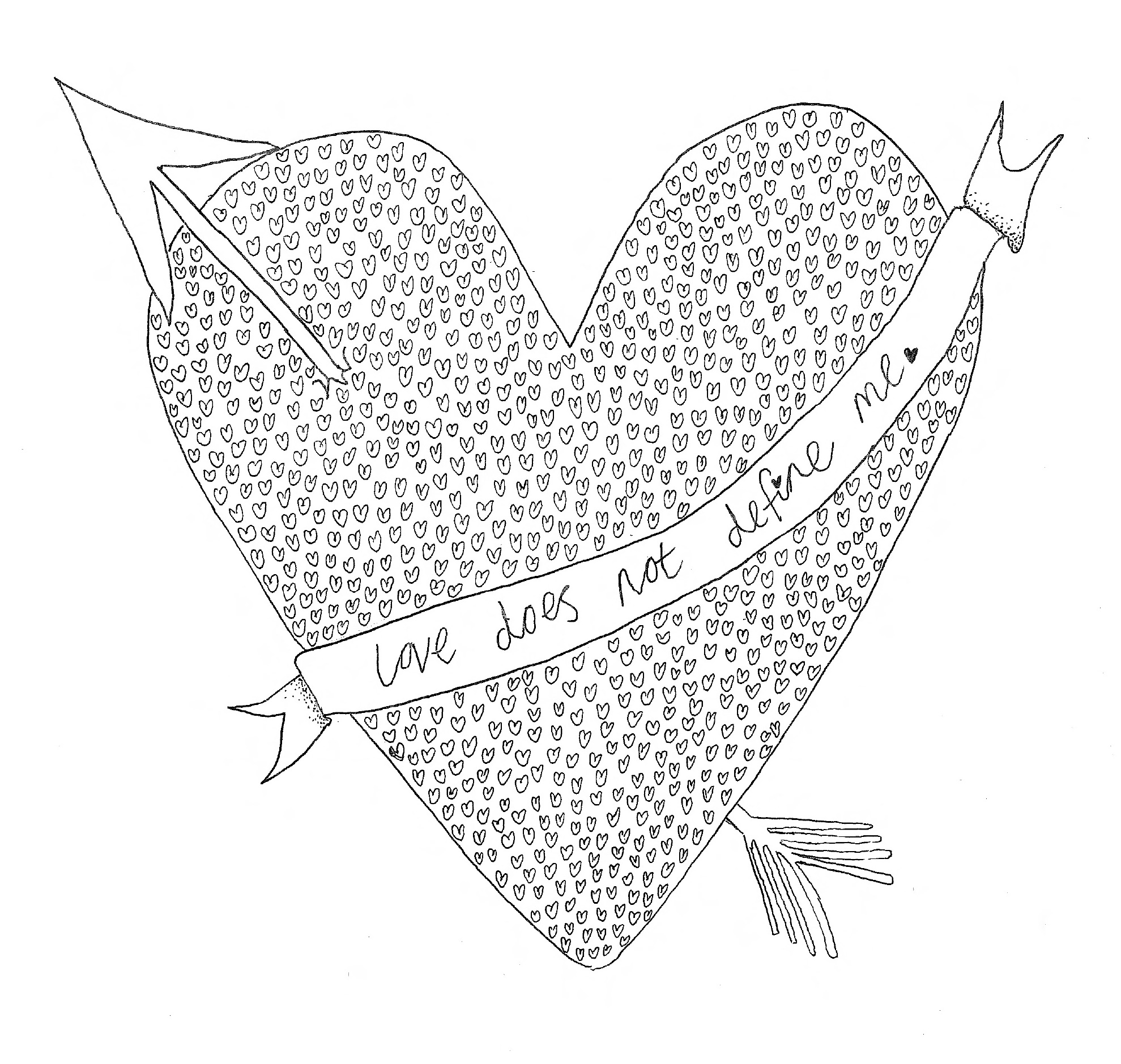OVER THINKING LOVING
A project about
liking, loving, heartbreaking, attracting, manipulating, seducing, miscomunicating, betraying, hoping, crushing, crying, yearning and learning
within the desire and pressure for relationships in todays youth looking at the
passion, emotion, loneliness, togetherness, growth, mental strain, judgment, self realisation, trauma, happiness and pain
that we go through on our journey finding and within relationships influenced by the ideals we are sold in
Childhood, Media, Films, TV, Music, Social Media and Each Other
EXPECTATIONS
In the modern day we constantly consume media which subconsciously creates expectations and ideals in our minds. Our perception of every aspect of society is moulded by what we consume, including our expectations for relationships and love. From movies to music to social media, we consume the idea that love is the final goal and something that is perfect, a ‘happily ever after’, when simply this will not be the case and that is ok. We often hold ourselves to unattainable ideals to find ‘the one’ and that everything should be perfect but the truth is that love is a journey, it has ups and downs, moments of bliss and moments of doubt, some love is long term and some doesn’t last but non of this invalidates your love.
I WANNA BE IN A LOVE SONG!



I WANNA BE IN A LOVE SONG!
FINDING LOVE
Im sure you have heard romantic stories of how a relative or older friend met their partner, maybe they walked into the room and they just knew that was the love of their life, their friends set them up or they fell into each other by chance. Whilst these moments may still happen our expectations and checklist for our lovers to meet has grown massively due to the modern day experience of finding partners being so different.
The introduction of dating apps and social media has made it easy to access so many different ‘options’ at a click of a button making it so easy to pick and choose features and aspects of potential partners. Whilst great to make connections and making it easier to meet new people, this process of always having access to new potential lovers has created a vacuum of unattainable expectations we hold our partners to and if they don’t meet them we are on to searching for the next match. This aspect of having networks where we can constantly access new people has ruined our attention spans for our partners and created unattainable standards, often leaving us to feel like we will never find ‘the one’.
Another aspect of modern dating is nightlife and its connection to hook-up culture. Today it is so easy to go out and find someone to give you that one night experience, which is completely valid if you are comfortably alone and just looking for fun but it is also common for people to use this to fill the void of loneliness created by society constantly telling you its not okay to be alone. People often throw away connections made on nights out the morning after because it is so easy to go out and do it again or continue finding partners else where.
Overall our lack of attention span as a generation has lead to unhealthy habits of treating people as options, rather than getting to know them and accepting parts of them you don’t deem to be ‘perfect’. It is an epidemic of no one ever being enough which fuels our idea that we ourselves will never be enough. Finding love however you want is valid but keep in mind to give people a chance before deciding they aren’t for you and as always, remember it is okay to be alone.
YOU DONT NEED TO CHANGE TO BE THE ‘MOST’ ATTRACTIVE!
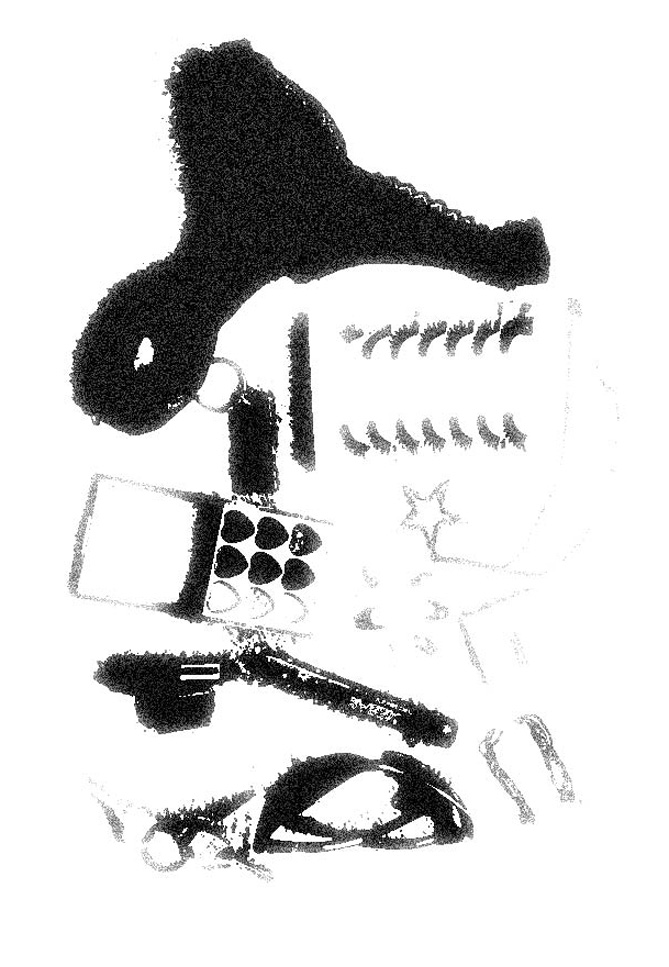


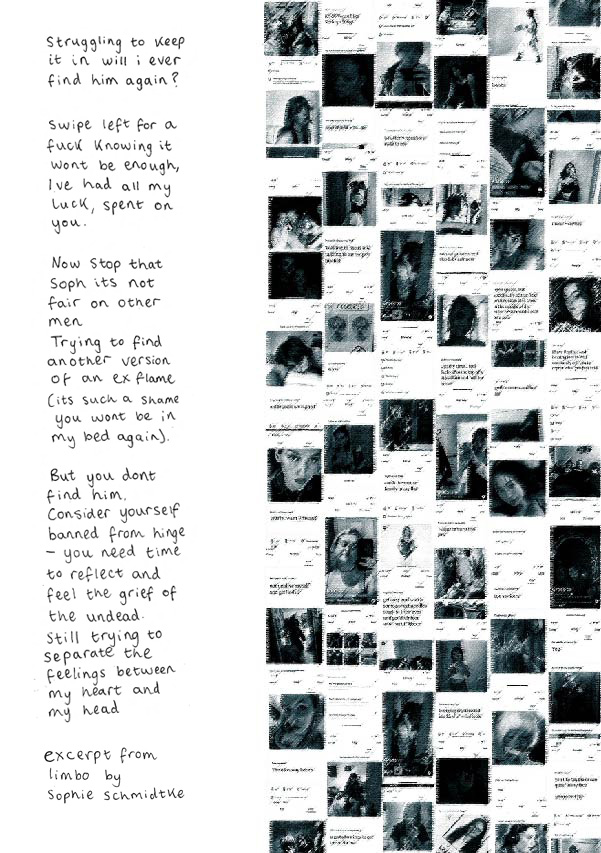
FINDING LOVE ON THE DANCEFLOOR!
SHOWING LOVE
Loving during a relationship probably sounds like the easiest part, but it is important to understand that loving isn’t linear and you will experience ups and downs. Not everyone shows or receives love the same and it is important to be patient with yourself and your partners; Understanding your own and your partners love language can help prevent clashes whilst making the most out of your connection! Expression of love is often split into 5 love languages.
- Physical Affection - hugging, kissing, simple contact to your partner. This is the first love language a lot of people would think about when thinking of loving, and it is often key to feeling close to your partner. But sometimes some people struggle with physical contact and it can overwhelm them, it is important to understand how much is the right amount for your person.
- Acts of Service - help your partner out. Acts of service can be small, but making your partners life easier through small thoughtful acts can be really effective in expressing your love. From making them a cup of tea to making a full meal, its the gesture of spending your own time on them and that they are in your mind that communicates love.
- Words of Affirmation - make sure they can hear your love. Words of affirmation can be a solidifying act so lovers know exactly how you feel. Telling your partner how they make you feel and making them feel special through words settles anxiety and makes them feel good!
- Quality Time - give them your undivided attention. Spending some time solely on your partner remind them that they are a priority in your life and is also important for bonding and creating memories together. Despite its importance quality time with a partner shouldn’t take away from your usual independence.
- Gifts - it’s the thought that counts! Although sometimes seen as materialistic, gifts are a good way for your partner to know you are thinking of them. Handmade, cheap or expensive, it is communicating your love in physical form.
ARGUMENTS
When we think of arguing we often think of those scenes we have seen in TV and Movies where the partners have a passionate emotional row ending in tears and slammed doors but this doesn’t have to be the case; arguing should actually come as a form of communication between the participants in an attempt to improve the relationship, not hurt each other. Arguing in a healthy relationship is completely normal as we try to understand each other, set boundaries and express our needs to create the most beneficial relationship for ourselves and our partners. Whilst clashing opinions and actions can be uncomfortable and difficult to discuss calmly and rationally, it is important for successful relationships to argue in a healthy way. Learning how to express ourselves whilst trying to understand someone else’s needs is key to having a happy relationship.
Whilst often emotionally challenging arguments/disagreements can actually benefit relationships with them helping us to understand ourselves and our partners. They are also key to identifying issues and finding resolutions to them before its too late and they build trust and connection when handled healthily.
Despite this, excess arguing and not managing to resolve issues after multiple arguments can be a cause for concern and sometimes arguing can be toxic if the partners don’t actively listen and make changes to prevent future arguments. Identifying when arguing is healthy vs when arguing is turning into a problem is often difficult and a personal decision will need to be made on where to draw the line.
UNHEALTHY ARGUMENTS VS HEALTHY DISAGREEMENTS
- Agression
- Manipulation
- Pressure
- Gaslighting
- Name Calling
- Down playing your partners feelings
- Making threats against your partner
-Any form of Physical Violence should not be tolerated and you should try leave as soon as possible
- Not listening / purposfully ignoring your partners communication
- Using personal attacks against your partner
- Silent Treatment
- Comparing your partner or your relationship to others
Avoiding the argument or reason for arguing
- Manipulation
- Pressure
- Gaslighting
- Name Calling
- Down playing your partners feelings
- Making threats against your partner
-Any form of Physical Violence should not be tolerated and you should try leave as soon as possible
- Not listening / purposfully ignoring your partners communication
- Using personal attacks against your partner
- Silent Treatment
- Comparing your partner or your relationship to others
Avoiding the argument or reason for arguing
- Think before you speak; do you mean it or is it the heat of the moment?
- Focus on the actual issue, get to the root of the problem and feet a plan you can take to prevent the arguing coming back up
- Avoid escalation and try converse when you are both calm, take a time out if it gets too heated or emotional
- Respect each other and listen before speaking, be open minded and don’t get defensive
- Think about it from your partners perspective
- Express your needs and be open to hearing your partners needs
- Take responsibility where due
- Have realistic expectations and be willing to compramise
- Remember your partner is their own human and you can’t make them the perfect partner
- Remember you’re on the same team, the aim isn’t to win the argument but come to a mutual resolution
- Focus on the actual issue, get to the root of the problem and feet a plan you can take to prevent the arguing coming back up
- Avoid escalation and try converse when you are both calm, take a time out if it gets too heated or emotional
- Respect each other and listen before speaking, be open minded and don’t get defensive
- Think about it from your partners perspective
- Express your needs and be open to hearing your partners needs
- Take responsibility where due
- Have realistic expectations and be willing to compramise
- Remember your partner is their own human and you can’t make them the perfect partner
- Remember you’re on the same team, the aim isn’t to win the argument but come to a mutual resolution
BREAKUP or MAKEUP?
It is a complex decision whether or not to end a relationship. Often our minds create an ideal of who our partner is, picking up on parts we want to see and ignoring what we don’t but overtime cracks in connections start to show. Identifying whether these issues are able to be worked through to make the relationship stronger or if they are unfixable making the relationship unhealthy is important. It is often a case to case situation and only you can judge wether the issues you encounter are changeable or wether they are deeper engrained. Always remember to question wether there is behaviour within yourself you can change but also make sure to hold your partner accountable for their faults no matter how hard this can be when you have a lot of feeling for someone. Some issues can be resolved but sometimes, as upsetting as it can be, breakups are for the best and can lead to self-growth and better matches in the future.
Not all lovers are forever and that is ok! People constantly change, especially whilst young and growing apart from a previously good relationship is upsetting but completely normal. It is important to remember that a good relationship can come to an end naturally and be a healthy thing.
Experiencing heartbreak is a confusing and hurtful time but it is important to experience the emotions and not bottle them up. Remembering it is ok to be overwhelmed and confused, make sure you reach out to those who can support you through the process of emotional recovery. Make sure to not indulge in unhealthy coping mechanisms like rebound relationships, serial hookups or overthinking what you could have done differently; give yourself time to process your feelings so you can move on in due course with a fresh mindset.
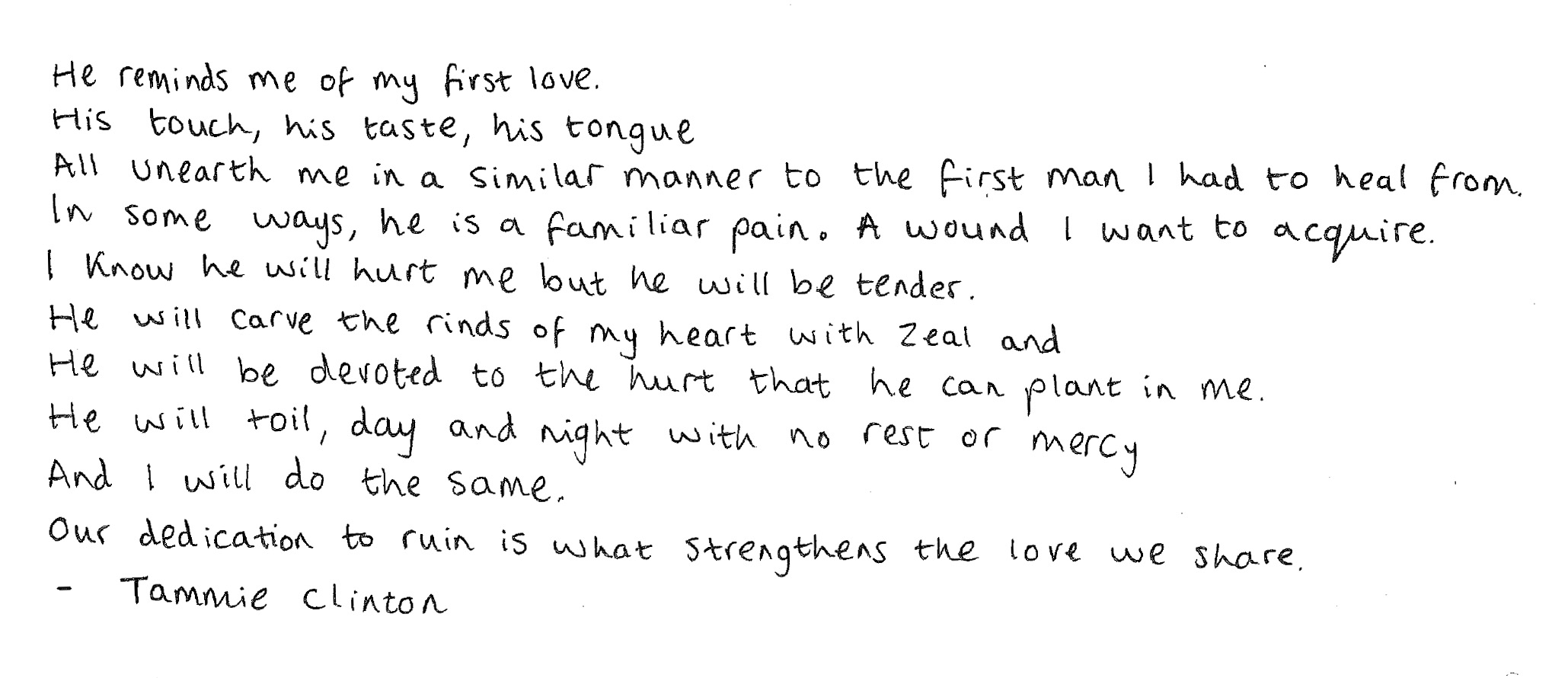
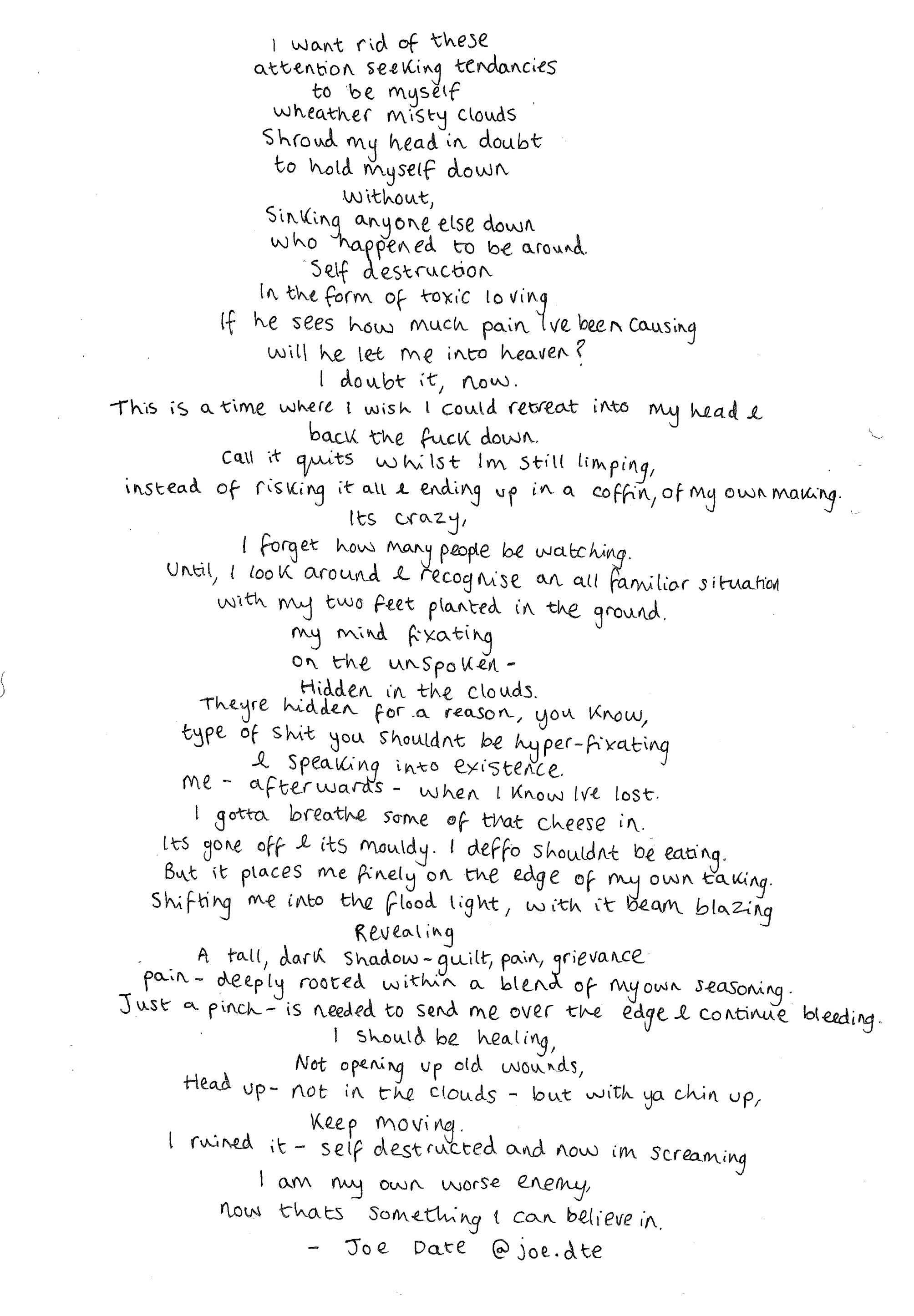
SELF-CARE
Self care wether you are part of a relationship or post-breakup is very important. Self care looks different for everyone but should include taking a moment for yourself, doing something that makes you feel relaxed and something you enjoy. Taking these moments will help you maintain your self-identity and enable you to feel independant and self-reliant, lessening chance of co-dependancy.



